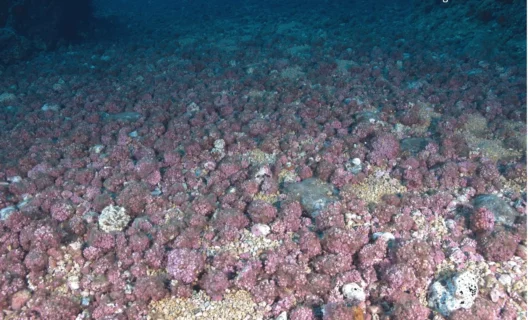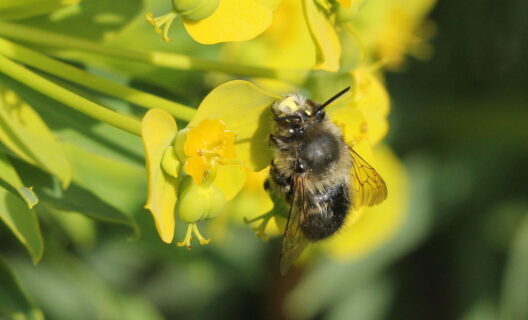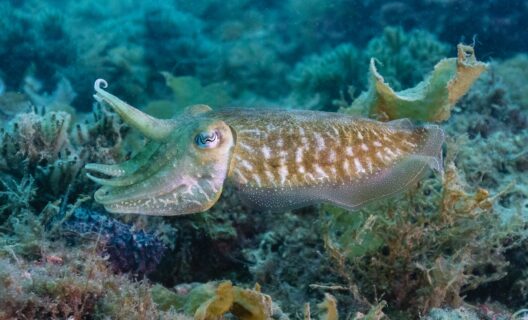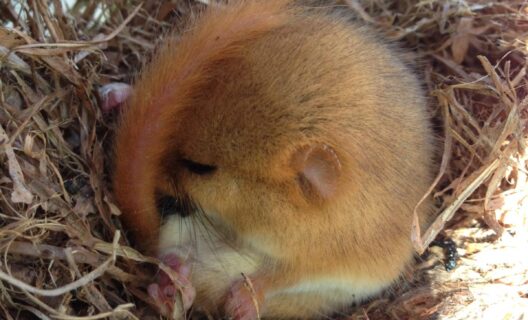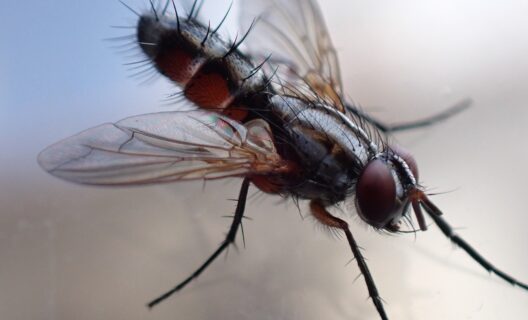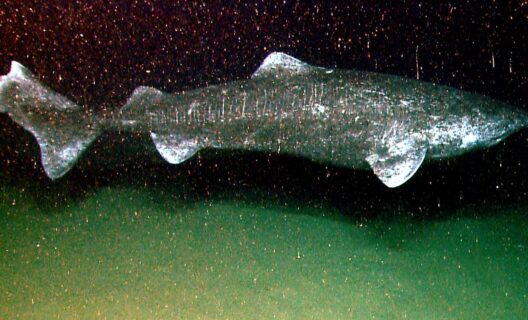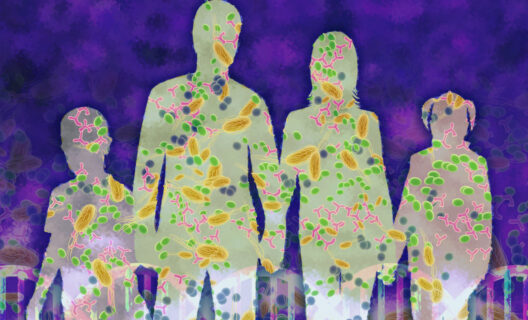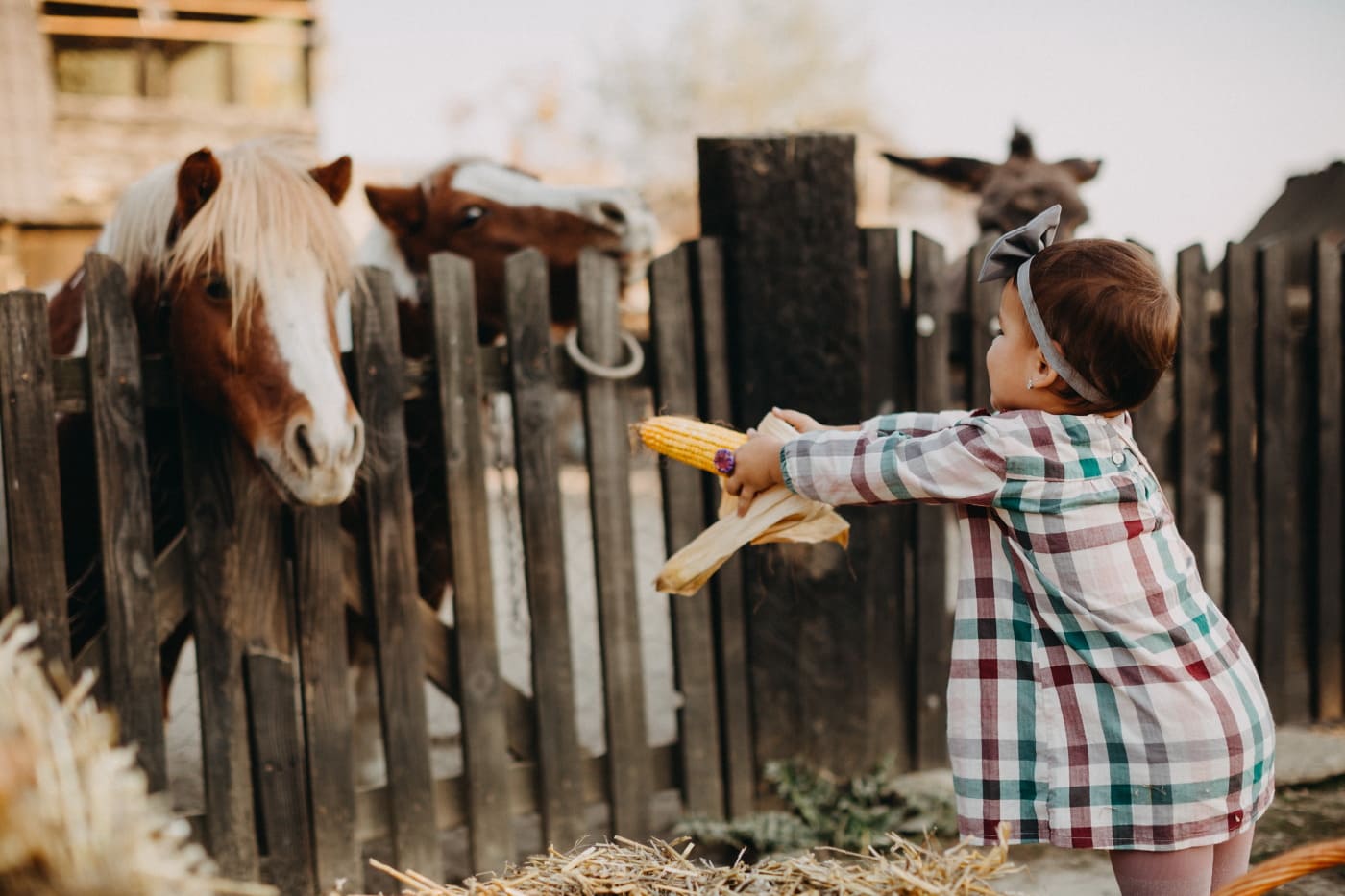

Reading time
0 min
Interaction with animals during a summer camp enriches young children’s gut microbiome
The health of the gut microbiome of children living in the city-that is, the trillions of bacteria that inhabit our gut and play a key role in our health-can improve through interaction with horses in a rural setting. This is according to a study by the University of Bologna that involved ten children aged between 9 and 14 years, living in urban areas of the Bologna area, for two weeks.
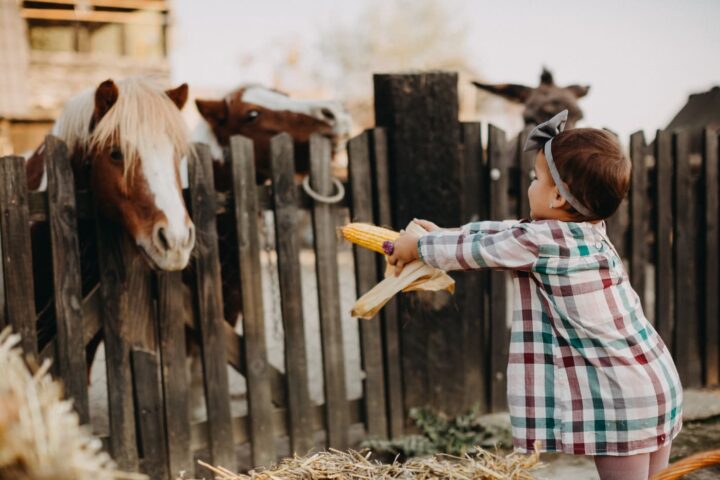
""
Gut microbiome, poorer in the city
The assumptions of the research started from the consideration that the gut microbiome, which is critical for human health, is being depleted in terms of diversity in populations living in urban areas. This process, termed“microbiome modernization,” is associated with an increase in several diseases-including allergies, asthma, obesity and inflammatory diseases-to which urban children in particular are exposed, for whom the risk of developing allergic diseases increases.
To counter this phenomenon, scientists have explored the approach of“rewilding the gut microbiome,” or the idea that interaction with natural, biodiversity-rich environments can help restore the characteristics of a “healthy” microbiome, similar to that of rural populations.
""
The benefits of living in the countryside
Following this hypothesis, the research involved ten children in a summer camp at an educational farm. For 15 days, the participants spent about 10 hours a day in contact with horses, petting them and playing with them.
Before and after the in-country stay, both fecal samples from the children were collected to analyze the composition of their gut microbiome, as well as skin, oral and fecal microbiota samples from the horses. A specific investigation was directed at assessing, in the children’s feces, the levels of a short-chain fatty acid called butyrate.
Butyrate, produced by certain beneficial bacteria residing in our intestines, has anti-inflammatory properties and is important for maintaining a healthy gut environment.
After two weeks, the gut microbiome of the children involved in the summer camp showed significant changes. Analyses found an increase in bacteria considered beneficial to gut health(Faecalibacterium prausnitzii, F. duncaniae and species belonging to the order Christensenellales), known for their ability to produce butyrate.
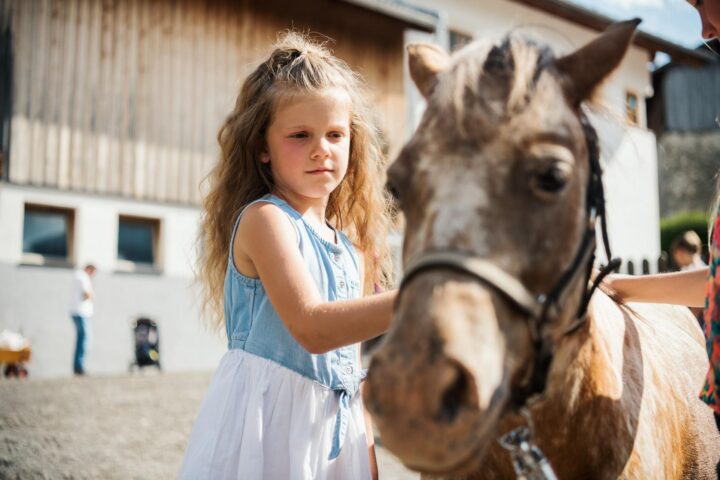
""
The study also identified a possible exchange of microorganisms between different species (from child to horse and vice versa) without any health risk (no pathogenic or toxin-producing bacteria were transmitted from horses to children).
The results obtained open new perspectives for the prevention and treatment of various diseases through interventions aimed at restoring a balance in the composition of our microbiota.
The journey goes on
Every story paves the way for the next: discover where biodiversity takes you


